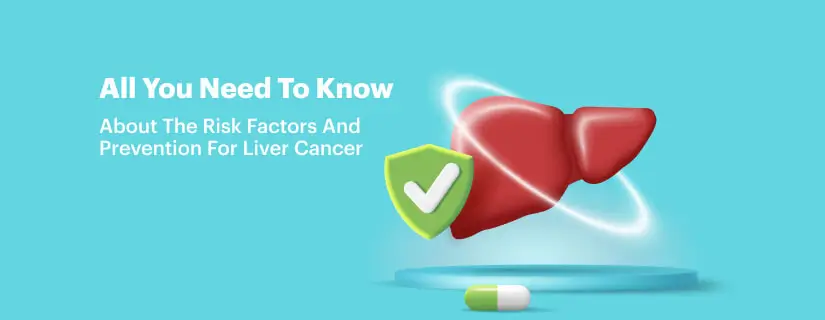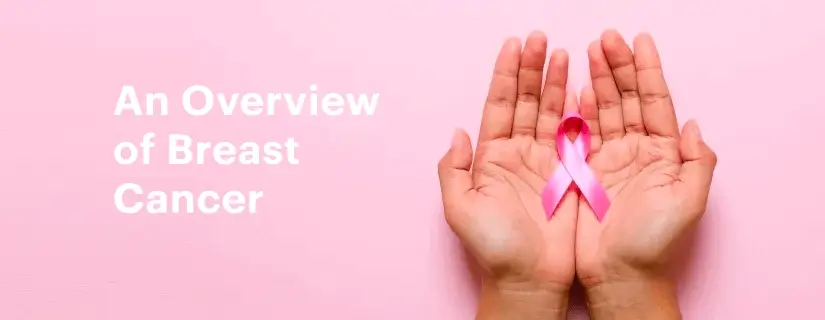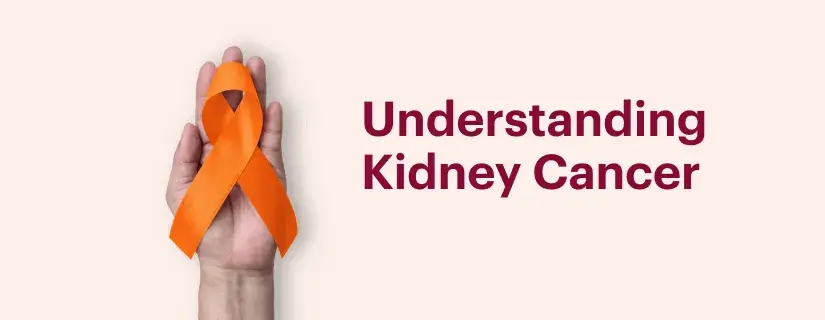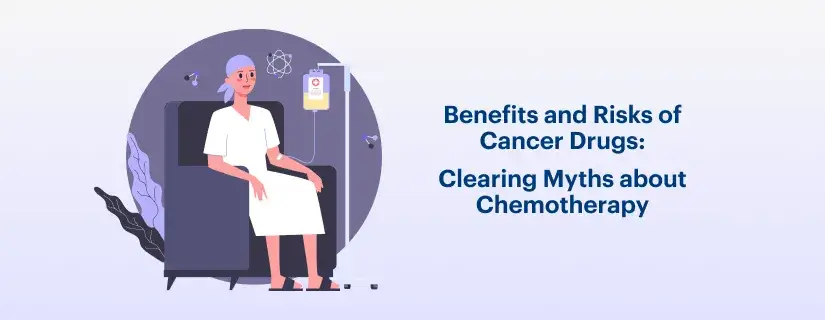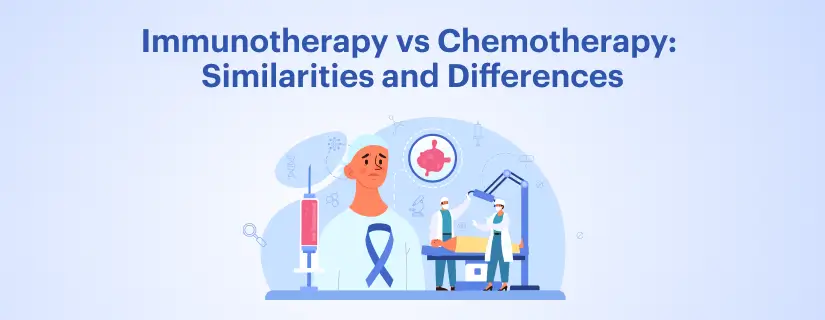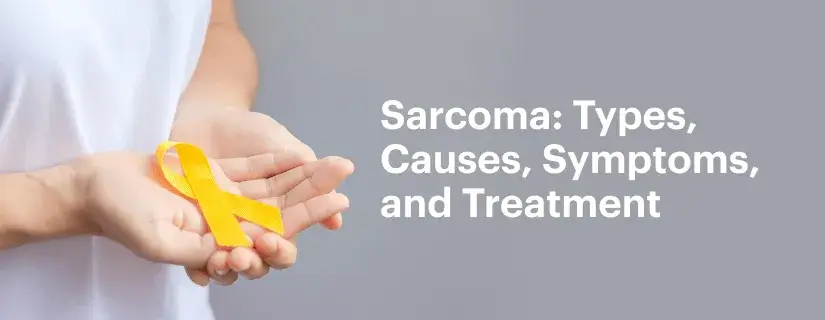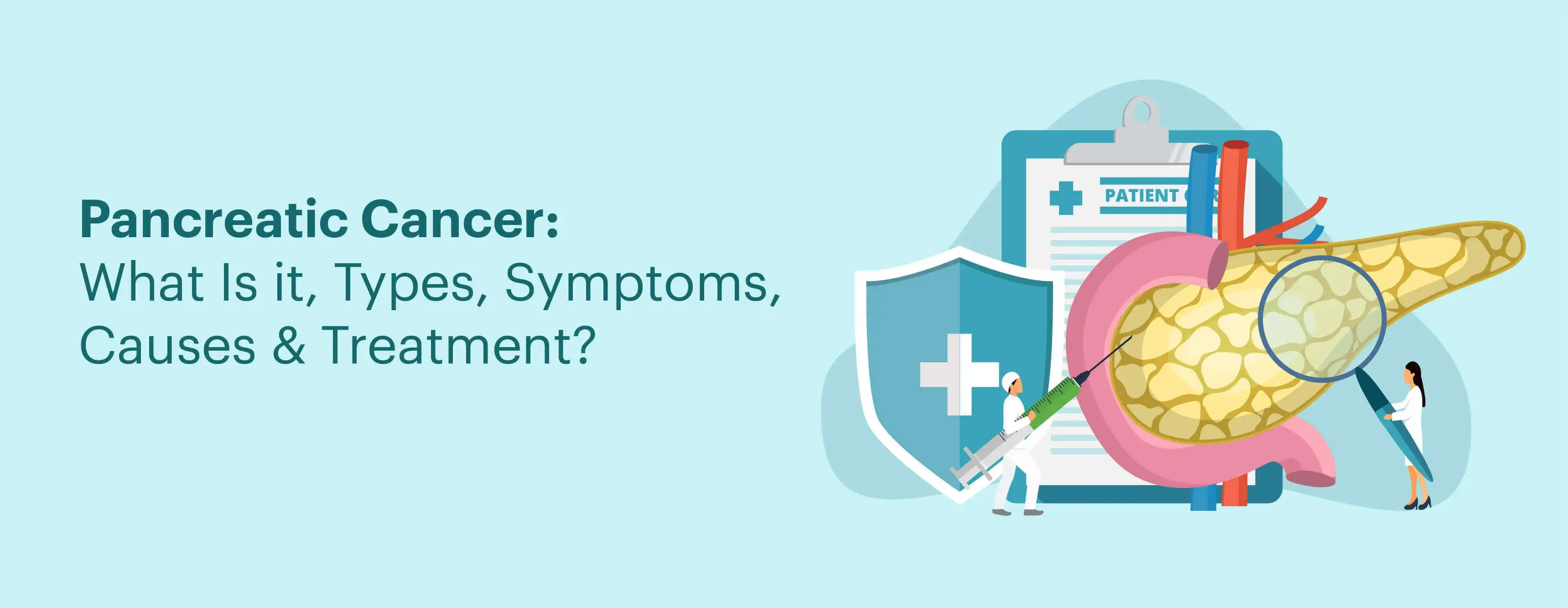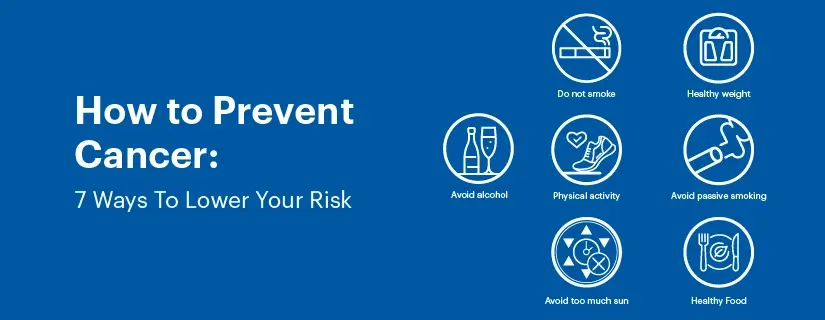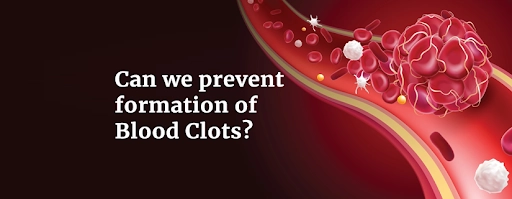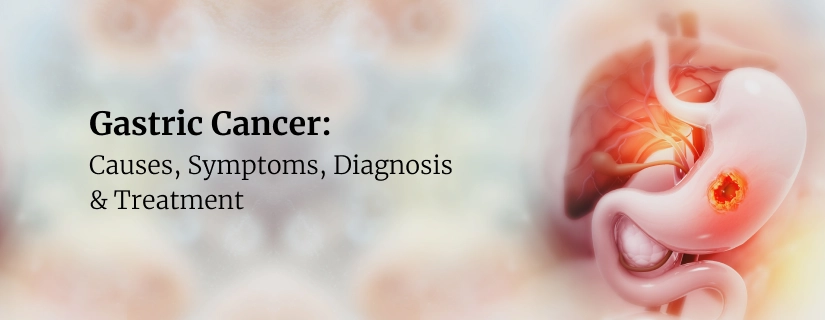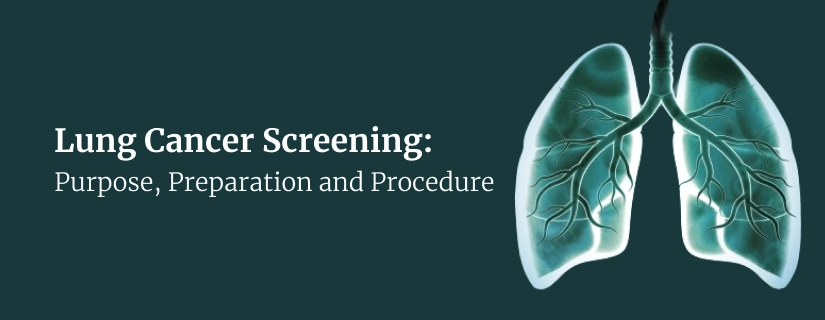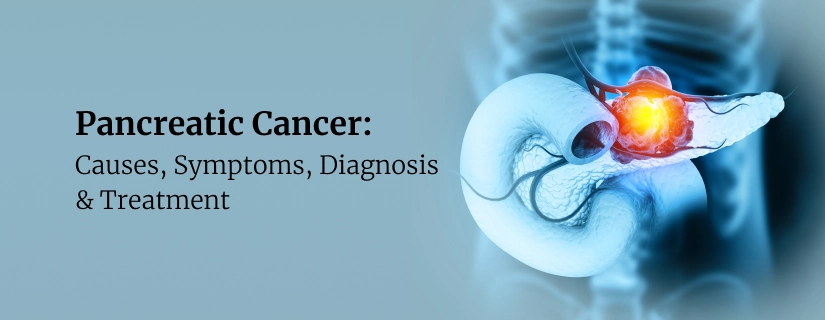-
Doctors
-
Specialities & Treatments
Centre of Excellence
Specialties
Treatments and Procedures
Hospitals & Directions HyderabadCARE Hospitals, Banjara Hills CARE Outpatient Centre, Banjara Hills CARE Hospitals, HITEC City CARE Hospitals, Nampally Gurunanak CARE Hospitals, Musheerabad CARE Hospitals Outpatient Centre, HITEC City CARE Hospitals, Malakpet
HyderabadCARE Hospitals, Banjara Hills CARE Outpatient Centre, Banjara Hills CARE Hospitals, HITEC City CARE Hospitals, Nampally Gurunanak CARE Hospitals, Musheerabad CARE Hospitals Outpatient Centre, HITEC City CARE Hospitals, Malakpet Raipur
Raipur
 Bhubaneswar
Bhubaneswar Visakhapatnam
Visakhapatnam
 Nagpur
Nagpur
 Indore
Indore
 Chh. Sambhajinagar
Chh. SambhajinagarClinics & Medical Centers
Book an AppointmentContact Us
Online Lab Reports
Book an Appointment
Consult Super-Specialist Doctors at CARE Hospitals
Types of Blood Cancer and How to Treat them
Updated on 8 May 2023
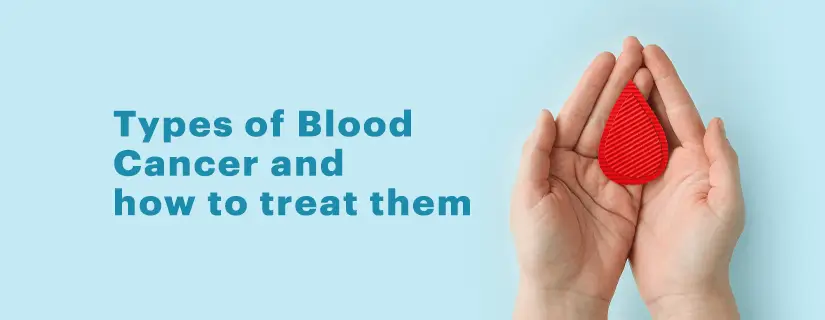
The term blood cancer evokes fear and it continues to be one of the most serious types of cancers to affect humans. Around 1.24 million people suffer annually from blood cancer and it accounts for 6% of the total cancer cases. In India, over 1 lakh people are diagnosed with blood cancer annually and it is one of the most common causes of cancer-related deaths.
Blood cancer, also known as hematologic cancer, is a type of cancer that starts in the blood-forming cells of the bone marrow. There are three main types of blood cancer: leukemia, lymphoma, and myeloma. Each type of blood cancer requires a different treatment approach.
Types of Blood Cancer
Leukemia:
Leukaemia is a type of blood cancer that affects the white blood cells. It is characterized by the production of abnormal white blood cells, which can interfere with the normal function of the immune system. There are two main types of leukaemia: acute leukaemia, which progresses rapidly and requires immediate treatment, and chronic leukaemia, which progresses more slowly
Treatment for leukaemia typically involves chemotherapy, which involves the use of powerful drugs to kill cancer cells. In some cases, radiation therapy may also be used to target cancer cells in specific areas of the body. Bone marrow transplantation is another treatment option for leukaemia, which involves replacing diseased bone marrow with healthy bone marrow from a donor.
Lymphoma:
Lymphoma is a type of blood cancer that affects the lymphatic system, which is a part of the immune system that helps fight infections. There are two main types of lymphoma: Hodgkin lymphoma and non-Hodgkin lymphoma.
Treatment for lymphoma typically involves a combination of chemotherapy and radiation therapy. In some cases, targeted therapy may also be used to target specific cancer cells. Stem cell transplantation may also be used to treat lymphoma, especially in cases where the cancer has come back after initial treatment.
Myeloma:
Myeloma is a type of blood cancer that affects the plasma cells, which are a type of white blood cell that produce antibodies to help fight infections. Myeloma cells can produce abnormal antibodies that can interfere with the normal function of the immune system.
Treatment for myeloma typically involves chemotherapy, which may be followed by a stem cell transplant. In some cases, targeted therapy may also be used to target specific cancer cells.
In addition to these main types of blood cancer, there are also rare types of blood cancer, such as myelodysplastic syndromes and myeloproliferative neoplasms. Treatment for these rare types of blood cancer depends on the specific type of cancer and may involve a combination of chemotherapy, radiation therapy, and stem cell transplantation.
Treatments for Blood Cancer
- Chemotherapy: Medications to kill cancer cells
- Chemotherapy involves the use of powerful drugs to kill or inhibit the growth of rapidly dividing cancer cells. These drugs can be administered orally or through intravenous injections.
- The medications circulate throughout the body, targeting not only the primary tumor but also cancer cells that may have spread to other areas.
- While effective in killing cancer cells, chemotherapy can also affect normal, healthy cells leading to side effects such as nausea, hair loss, and fatigue.
- Radiation therapy: High-energy rays to destroy cancer cells
- Radiation therapy uses high-energy rays, such as X-rays or protons, to target and destroy cancer cells.
- It can be delivered externally (external beam radiation) or internally (brachytherapy) depending on the type and location of the cancer.
- Radiation damages the DNA of cancer cells, preventing them from dividing and growing. Normal cells can also be affected, but they often recover better than cancer cells.
- Stem cell transplant: Replacement of damaged or destroyed bone marrow
- Stem cell transplant, also known as bone marrow transplant, involves replacing damaged or diseased bone marrow with healthy stem cells.
- The procedure may be used after high-dose chemotherapy or radiation, which can damage the bone marrow.
- The transplanted stem cells can develop into healthy blood cells and restore the immune system.
- Immunotherapy: Boosting the body's immune system to fight cancer
- Immunotherapy stimulates the body's immune system to recognize and attack cancer cells.
- This can be done by using immune checkpoint inhibitors, adoptive cell transfer, or monoclonal antibodies, among other approaches.
- Immunotherapy is often well-tolerated and can provide long-lasting responses in some patients. It is used for various cancer types.
- Targeted therapy: Drugs targeting specific abnormalities in cancer cells
- Targeted therapy focuses on specific molecules involved in cancer growth, such as proteins, genes, or blood vessels.
- Unlike chemotherapy, targeted therapy aims to interfere with specific cancer cell functions while causing less harm to normal cells.
- Targeted drugs can be administered orally or intravenously and are designed to block the growth and spread of cancer cells with specific molecular characteristics.
What are the common side effects of blood cancer?
Here are some common side effects of blood cancer may include:
- Fatigue: Persistent and unexplained tiredness or weakness is a common symptom of blood cancer.
- Frequent Infections: Blood cancers can affect the immune system, leading to an increased susceptibility to infections.
- Unexplained Weight Loss: Significant and unintentional weight loss without a clear cause.
- Bruising and Bleeding: Easy bruising, prolonged bleeding, or frequent nosebleeds can be indicative of certain blood cancers affecting platelet function.
- Swollen Lymph Nodes: Enlarged and painless lymph nodes may be a sign of lymphoma or leukemia.
- Bone Pain or Joint Pain: Some blood cancers, particularly myeloma, can cause bone pain or joint pain.
- Shortness of Breath: If blood cancer affects the production of red blood cells, it may lead to anemia, causing symptoms like shortness of breath.
- Night Sweats: Excessive sweating during the night, unrelated to the ambient temperature.
- Fever and Chills: Persistent or recurrent fever and chills without an apparent cause.
- Pale or Sallow Skin: Anemia resulting from compromised red blood cell production can lead to paleness or a sallow complexion.
Prognosis
Conclusion
Blood cancer is a type of cancer that affects the blood-forming cells in the bone marrow. There are three main types of blood cancer: leukaemia, lymphoma, and myeloma. Treatment for blood cancer typically involves a combination of chemotherapy, radiation therapy, and stem cell transplantation. The specific treatment approach depends on the type of cancer, as well as the stage and severity of the cancer. If you or your loved one has been diagnosed with blood cancer, it is important to work closely with your healthcare team to develop a personalized treatment plan that meets your individual needs. If you need an appointment with an oncologist, you can visit www.carehospitals.com to fix up an appointment.
FAQs
1. Is blood cancer serious?
Yes, blood cancer is a serious condition. The severity varies depending on the type of blood cancer, its stage at diagnosis, and individual factors. Early detection and appropriate treatment significantly improve the prognosis.
2. What is the last stage of blood cancer?
Blood cancers, like many other cancers, are often staged from 0 to IV. The last stage, Stage IV, indicates that the cancer has spread extensively. However, the specific stages and prognosis depend on the type of blood cancer.
3. Can CBC detect blood cancer?
A Complete Blood Count (CBC) is a common blood test that may raise suspicions of blood cancer based on abnormalities in blood cell counts. However, a definitive diagnosis typically requires further tests such as bone marrow biopsy, imaging studies, and other specialized tests.
4. Can you have cancer without symptoms?
Yes, some cancers can develop without causing noticeable symptoms, especially in the early stages. Regular screenings and medical check-ups are essential for detecting cancer early, even before symptoms appear.
5. Can blood cancer cause leg pain?
Blood cancer itself may not directly cause leg pain, but some symptoms or complications associated with certain types of blood cancer, such as bone pain or pressure on nerves, may lead to discomfort or pain in the legs. If someone experiences persistent leg pain, it's important to consult a healthcare professional for a thorough evaluation.

ENQUIRY FORM
SELECT CATEGORIES
-
Neurosciences (16)
-
Neurology (37)
-
Neurosurgery (14)
-
Orthopaedics (48)
-
Oncology (33)
-
Obstetrics and gynecology (52)
-
Pulmonology (23)
-
Urology (20)
-
Nephrology (13)
-
Psychiatry (7)
-
Dietetics and Nutrition (111)
-
General Medicine (63)
-
Cardiac Sciences (32)
-
Vascular & Endovascular Surgery and Interventional Radiology (15)
-
Gastroenterology (46)
-
Endocrinology (23)
-
Plastic Surgery (10)
-
Critical Care Medicine (5)
-
COVID-19 (16)
-
Dermatology (16)
-
Emergency Care (1)
-
Ophthalmology (4)
-
Pediatrics (14)
-
Laparoscopic and Bariatric Surgery (8)
-
ENT (15)
-
Kidney Transplant (1)
-
Liver Transplantation and Hepatobiliary Surgery (5)
-
General Surgery (3)
-
Internal Medicine (5)
-
Medicine Information
Top 12 Myths About Breast Cancer
How to Prevent Cervical Cancer: 7 Ways to Lower Your Risk
YOU MAY ALSO LIKE
RECENT BLOGS
-

Preterm Birth (Premature Birth): Symptoms, Causes, Treatment and Prevention
13 May 2025
Read More
-

Rotablation Angioplasty: Benefits, Treatments, And Recovery Time
9 May 2025
Read More
-

What Is The Difference Between IUI and IVF?
9 May 2025
Read More
-

Venous Malformations: Causes, Symptoms, and Treatment
30 April 2025
Read More
-

Varicose Vein Foam Sclerotherapy: Treatment, Benefits, and Procedure
30 April 2025
Read More
-

Radiofrequency (RF) Ablation Treatment for Varicose Veins: Know More
30 April 2025
Read More
-

Varicose Vein Sclerotherapy: Treatment, Benefits, and Procedure
30 April 2025
Read More
-

Varicose Vein Endovenous Laser Ablation: Procedure, Benefits, Risks
30 April 2025
Read More
Have a Question?
If you cannot find answers to your queries, please fill out the enquiry form or call the number below. We will contact you shortly.





